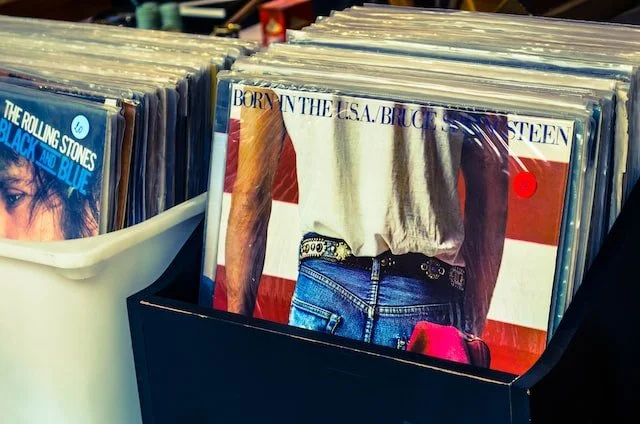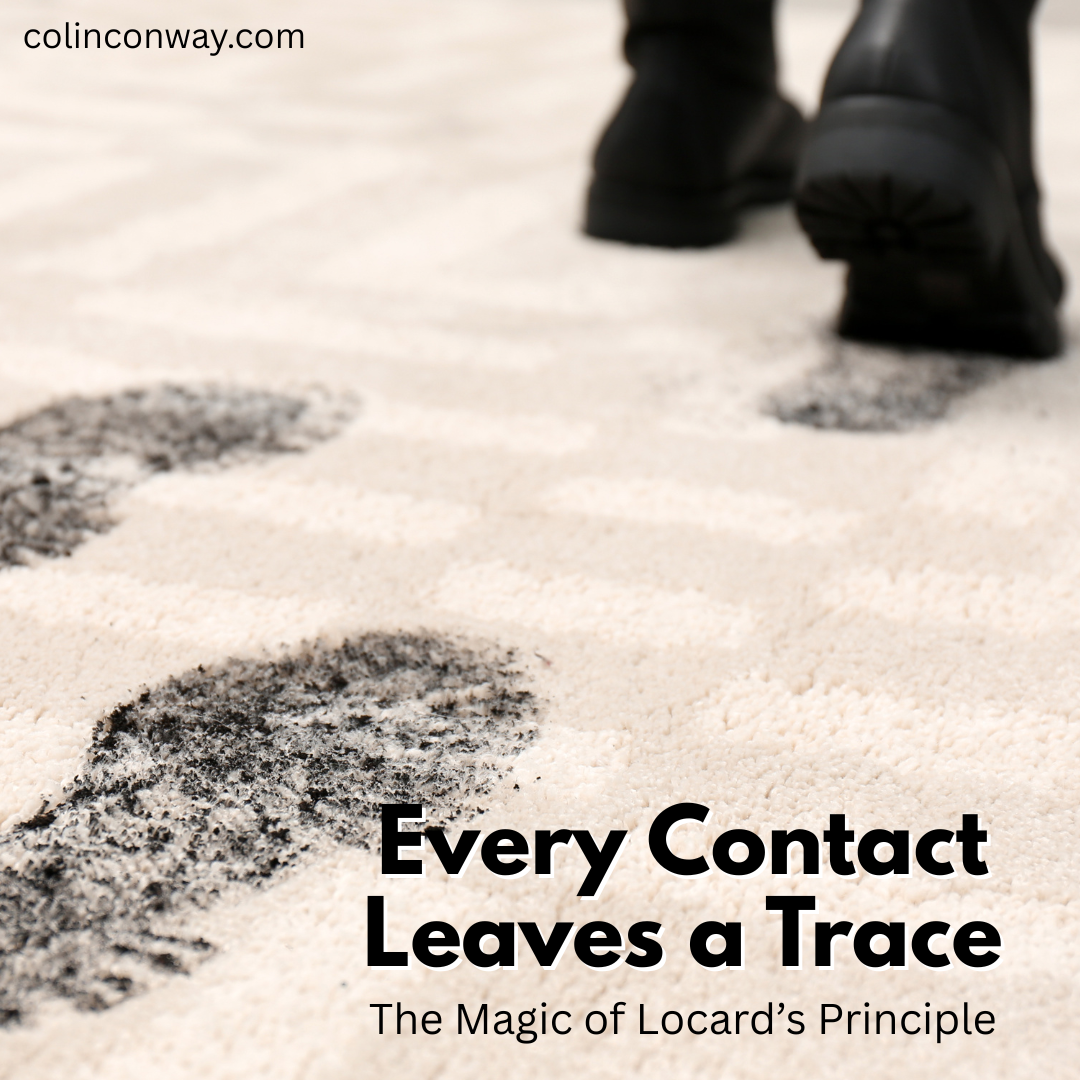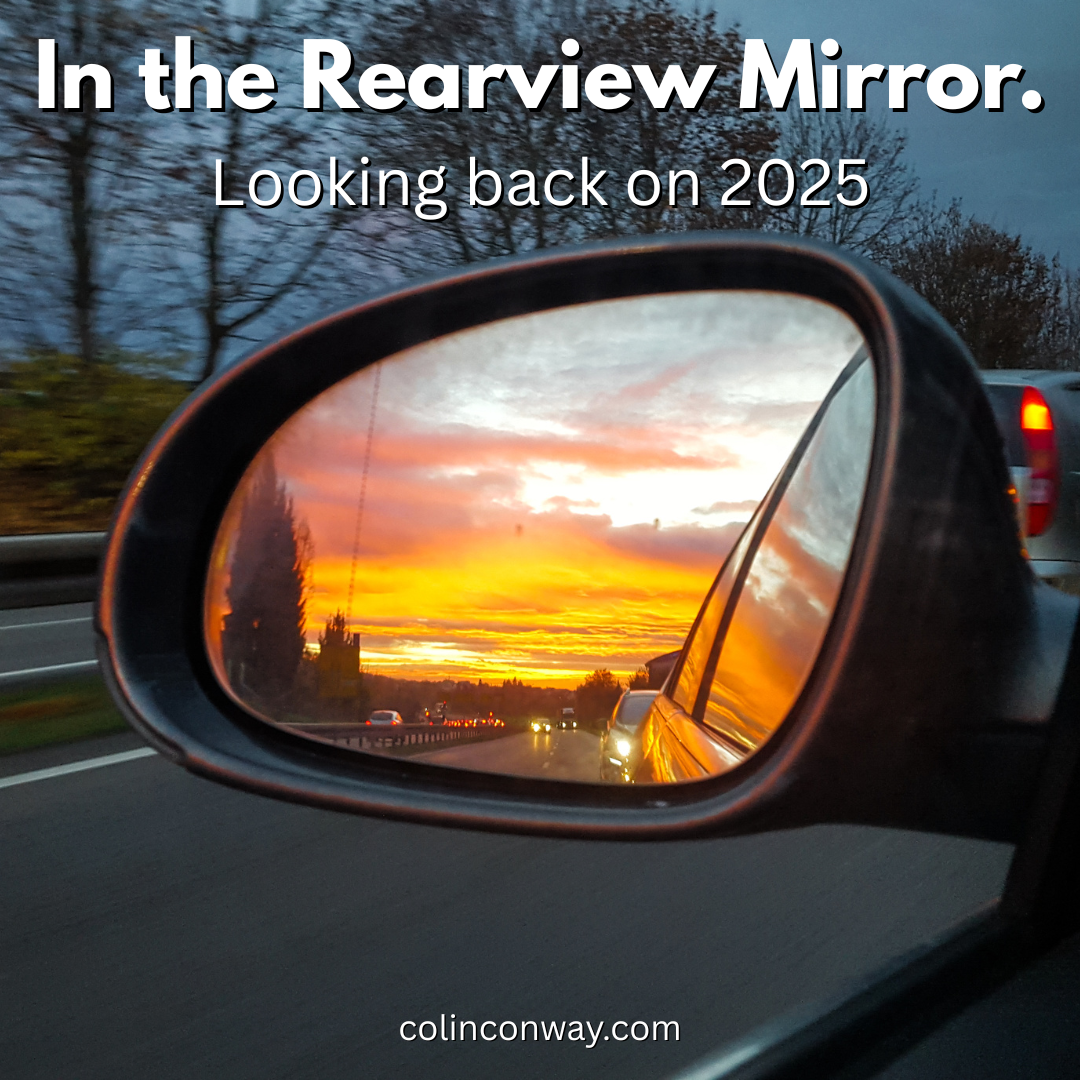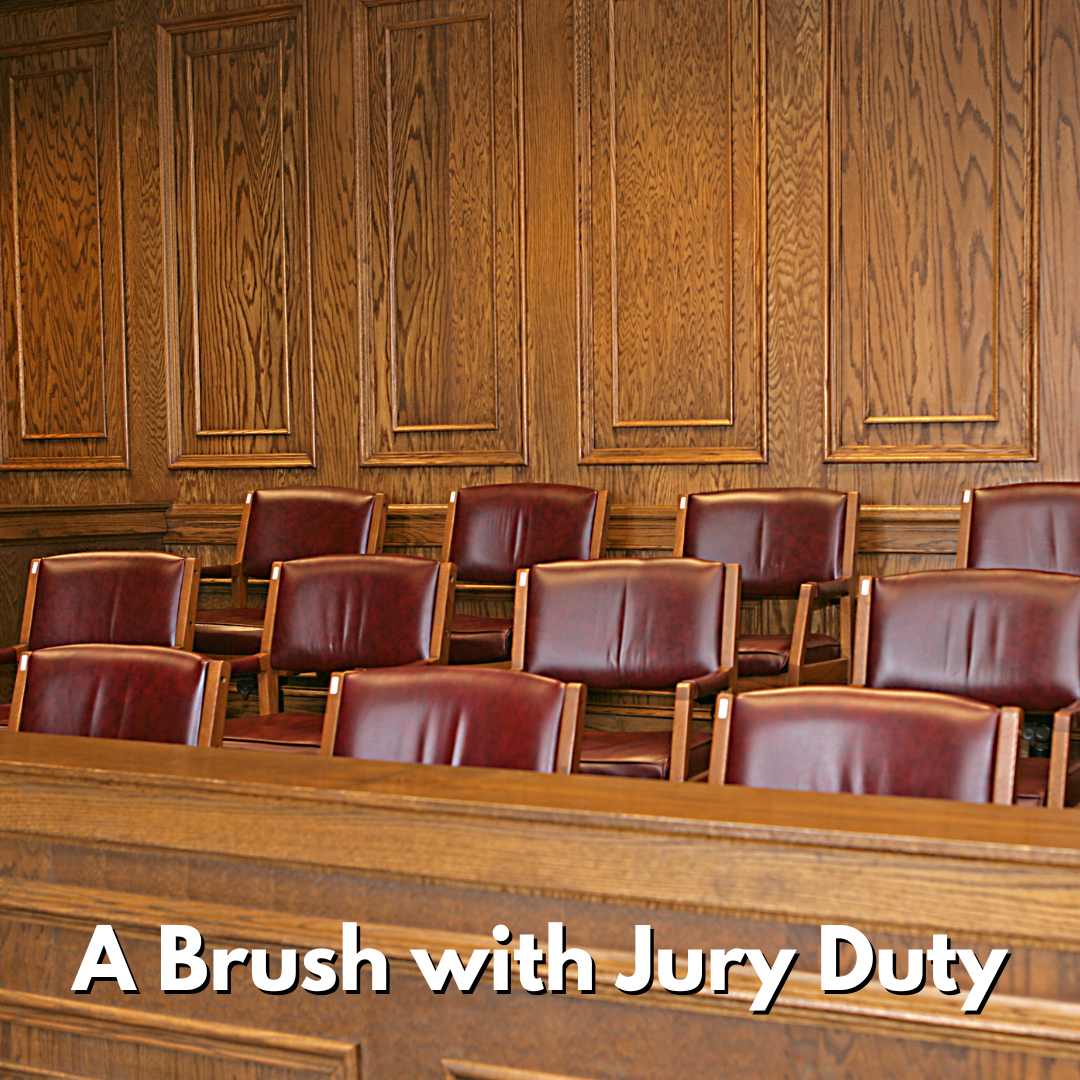Writers and Other Scoundrels #3 - Frank Zafiro
I’m inviting some folks in the fiction business to take over the blog on the third Saturday of each month. The only rule: they can’t talk about their books or their job in the biz. Hopefully, we all learn something new about them. This week’s guest is crime fiction author Frank Zafiro. You’ll find a short bio about Frank at the end of this post. - Colin
The Soundtrack of My Life
Writers all have their inspirations. Some come from our own genres—Joseph Wambaugh, Lawrence Block, and others are among my crime fiction influences—while others come from all across the writing spectrum. And just like how athletes sometimes draw inspiration from those outside their particular sport, so also do writers find it in those outside their particular medium.
Which brings me to Bruce Springsteen.
I am neither a songwriter nor a musician. Both endeavors are beyond my meager skills, it would seem. I pen some questionable poetry at times (hiding it behind characters in a story) and can strum a few broken chords on the guitar, but that’s as far as it goes. Still, I admire those who are good at this, and to my mind, Springsteen is one of the great American songwriters (and no slouch of a guitarist, for those in the know). I admire his work and it informs my own, even though the medium is different.
It goes deeper than that for me, though. I’ve been a massive fan of his music since 1978. That was when I got my first record player, a plastic cheapie that probably damaged the vinyl it played. My dad gave me (actually, loaned me, though I didn’t realize the distinction at the time) several LPs to listen to. This was how I was introduced to bands like Jefferson Airpline and Uriah Heep and artists like Rod Stewart. I sat in my room and played the records, an angsty pre-teen looking for meaning in the lyrics (many of which I didn’t quite understand yet).
Then I made a big mistake.
I had a metal rack we found at a garage sale, which is where I stored the records. Unfortunately, I left that rack too close to the baseboard electric heater in my room. The entire catalog of records were badly warped. Ruined. That was when I found out the difference between a gift and a loan.
Needless to say, my dad was not pleased.
Flash forward several months to summer. Dad came home one day with a new record from an artist I’d never heard of before. An unshaven and bedraggled man in white T-shirt and black jacket stared out from the cover with deep, soulful eyes. Dad said, “Don’t touch this record. I don’t want it ruined like the others.”
“I won’t,” I promised, a little defensively. “I don’t even like that guy.”
By the end of that summer, I knew every note, every lyric.
The record, Darkness on the Edge of Town, is still my favorite. The combination of the dark weight that rests on the shoulders of the narrator in each song is counterbalanced by the underlying sense of resilience, and fainter yet, hope. Now almost forty-five removed from that day I discovered this album, it is impossible to say if this music merely fit my developing personality or was formative. But no matter how you cut it, the music of Bruce Springsteen has absolutely been the soundtrack of my life.
I enjoy the music, certainly, but it is the lyrics that I’m drawn to even more. They are so poetic, which is fitting, since I think songwriting has supplanted poetry in our modern world, at least in the mainstream. And Springsteen is a master lyricist, often writing entire novels in forty words or so. His ability to paint a picture in a few concise phrases and to evoke such powerful emotions from that picture is, for me, unrivaled.
Do I love every single song? No. But the vast percentage of his catalog has a place in my heart, and there are many songs that touch me deeply. Which ones are the most powerful has shifted and changed over time, as I’ve grown up, married, had kids, a career, and seen more of life. Of course, this is the same journey Springsteen has taken, albeit about two decades further down the road. This means that as I’ve hit every stage of my life, there’s already a ready-made group of songs dealing with some of the elements that come along during those years. Youthful rebellion, the different experiences of love, fatherhood, marriage, resilience, and mortality are just a few thematic examples.
Let’s look at a couple those briefly, so you’ll see what I mean…
Youthful rebellion? “Born to Run” is the quintessential romantic example of a young person rejecting the world of their parents and society. This is pretty clear when he calls the town he grew up in “a death trap, a suicide rap” and a town that “rips the bones from your back.” The answer? The same one every kid thinks s/he came up with – to “get out while we’re still young” because “tramps like us, baby we were born to run.” Early in our lives, all we want to do is get away from the foundations around us, and we tend to see this flight in grand terms. Throw a partner into the mix, along with sweeping promises like “I’ll love you with all the madness in my soul” and you’ve got an adolescent anthem on your hands.
A darker version of rebellion is found in “Adam Raised a Cain,” an angry father and son song. Punctuated by mean, growling guitars and howling vocals, Springsteen sings of a character returning home after his father’s death, remembering the strife between them and his father’s anger – how he “worked his whole life for nothing but the pain” only to end his life “walk[ing] these empty rooms, looking for someone to blame.” The singer not only remembers all of this about his father, but laments that he may be trapped in this same cycle himself, because “you inherit the sins, you inherit the flames.” Adam, he worries, did indeed raise a Cain.
I won’t spend any time on love or marriage here—that’s an essay unto itself—but everything from passion to deep love to crumbling relationships is depicted in dozens of Springsteen songs, some of which even a casual fan will know and others that are deeper cuts. Some of my favorites are “Tunnel of Love,” “Brilliant Disguise,” “Reno,” “Thunder Road” (of course) and “Moonlight Motel.”
Same is true of fatherhood, which, unlike when he wrote from a son’s perspective, tends to be more hopeful, even if some trepidation creeps in at times. You can hear elements of this in “Living Proof” and “Long Time Coming,” for example.
Resilience (and its lighter cousin, hope) crops up in some of my favorite songs. Many of these, not coincidentally, are from Darkness on the Edge of Town. The title track and “Racing in the Street” (the song my dad heard on the radio that motivated him to buy the record in the first place) are two. But it is “Badlands” that resonated enough to inspire the only tattoo I have. The singer bemoans how tough the world is, how he is “caught in a crossfire that I don’t understand.” I actually think he understands it pretty well, as he lays out the way of the world in a later verse: “Poor man wanna be rich, rich man wanna be king, and the king ain’t satisfied till he rules everything.” Despite these dark revelations, the narrator still believes “in the love that you gave me” and in “the faith that can save me” and most of all that one day we will rise above these badlands, even though “you gotta live ‘em every day.” He exhorts the listener to “keep pushin’ till it’s understood, and these badlands start treating us good.”
To that end, during the final verse, Springsteen essentially dedicates the song to “the ones who had a notion, a notion deep inside, that it ain’t no sin to be glad you’re alive.”
Resilience. Hope. It runs deep enough through me as I’ve listened to this song over the last four and a half decades that my sole tattoo is the simple phrase, “Ain no sin” emblazoned on my forearm. It’s a sentiment that gets you through the hard times. It’s a middle finger to everything bad and hard and heavy that weighs you down. And it’s a prevailing hope that things will get better, because I’m tough enough to see it through.
We should all feel that way, right?
At 73, mortality is a theme that has crept into Springsteen’s work over the last half decade or so. But even these tunes have the same defiant resilience to them. “Bring on your wrecking ball,” he sings in one, challenging the very march of time itself in the title track of his 2012 record. More recently, in the title song from Western Stars, the song opens and closes with the same simple couplet: “Woke up this morning, just glad my boots were on.” In other words, still alive, still punching, still soaking in every moment of this world until it ends.
Asked on a late night talk show about what happens when we die, Springsteen replied, “Ok, individual consciousness… adios. But our souls and our spirits, I think grow and live on with the people that we’ve loved and who have loved us and with the people we had impact on, with our work, in our daily experience.” This sentiment is clearly expressed in the beautiful acoustic tune from Letter to You that he chose to end his 2023 concerts with, “I’ll See You In My Dreams.”
I'll see you in my dreams
When all the summers have come to an end
I'll see you in my dreams
We'll meet and live and love again
I'll see you in my dreams
Yeah, up around the river bend
For death is not the end
And I'll… see… you… in my dreams
I recently stood in a packed arena in Portland, my wife to one side of me and my daughter to the other, as Springsteen strummed his guitar and sang these lyrics. Unlike during the hellacious rockers that dominated the majority of the set, this song was quiet. It evoked a sense of stillness and contemplation. And unlike those harder songs, I could hear his age trickling into his voice. When he sang that death is not the end, his voice rose to emphasize the word “not.” In the context of this softer performance, that subtle punctuation was as powerful as the crashing, fist-pumping shout of “Badlands” earlier in the show.
It was defiant.
It was resilient.
It was hopeful.
And that is why this music has been the soundtrack of my life. It is why my own faltering efforts at playing guitar have resulted in Springsteen tunes representing more than half of the songs I know how to play. It’s why I have been moved to bittersweet tears during “Backstreets” and joyous ones during “Prove It All Night.” It is why the joy of sharing this music with my daughter—who has, all on her own, become a bona fide fan after my own heart—has such a pure quality to it.
That is what great art can do. Take an emotion or a concept and wrap it up in a way that simply slays you. Photos and paintings do this. A movie or television show does it. A good novel does it, too. But music seems to accomplish this in the most succinct fashion, and to cut the deepest.
So, this is why a crime fiction author can be inspired by a songwriter and musician. I want to capture moments in my work that are even a pale shadow of some that I’ve experienced in Springsteen’s music. If I can make a reader feel but a fraction of the despair, the loss, the yearning, the love, the exuberance, the resilience, the regret, or the hope that exists in the music I’ve been listening to my whole life, then I will have done something worthwhile.
I’ll keep trying to accomplish that for as long as… well, for as long as I get up in the morning and find my boots still on. After all, it ain’t no sin to be glad you’re alive.
If you are interested in exploring more Springsteen thoughts from Frank, you can listen to his discussion on the TRAMPS LIKE US podcast about his recent experiences at the 2023 tour stops in Portland and Seattle. Also, watch for his forthcoming long form essay, The Five Springsteen Songs I Can’t Do Without (written under his real name, Frank Scalise), coming later in 2023 from Code 4 Press.
Learn more about Frank at frankzafiro.com.






